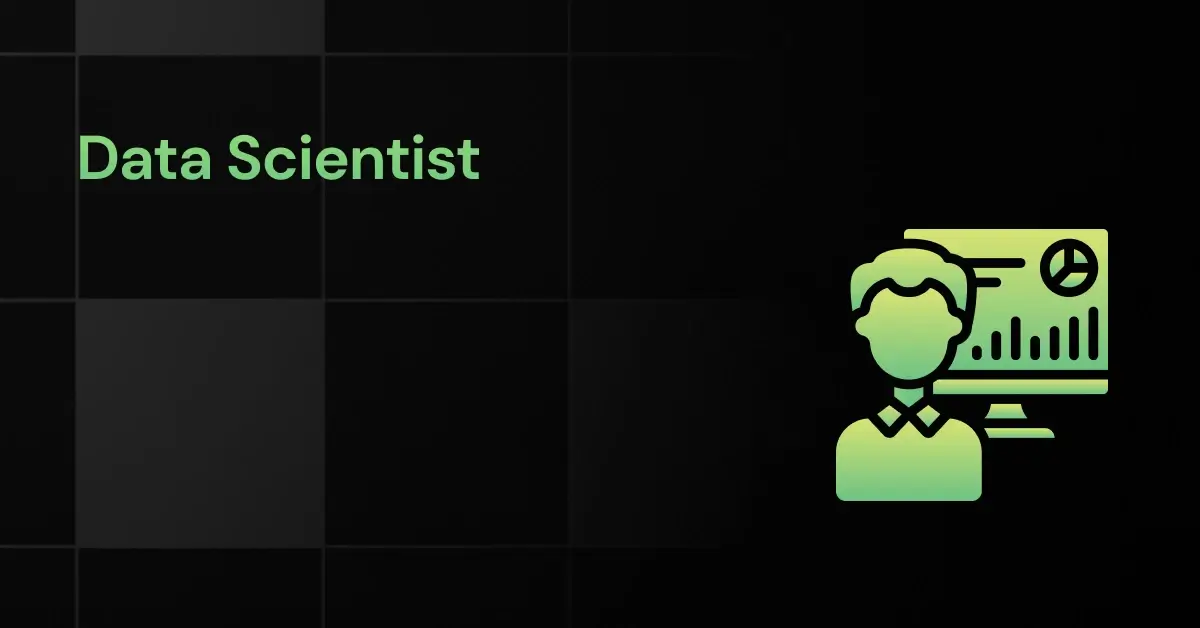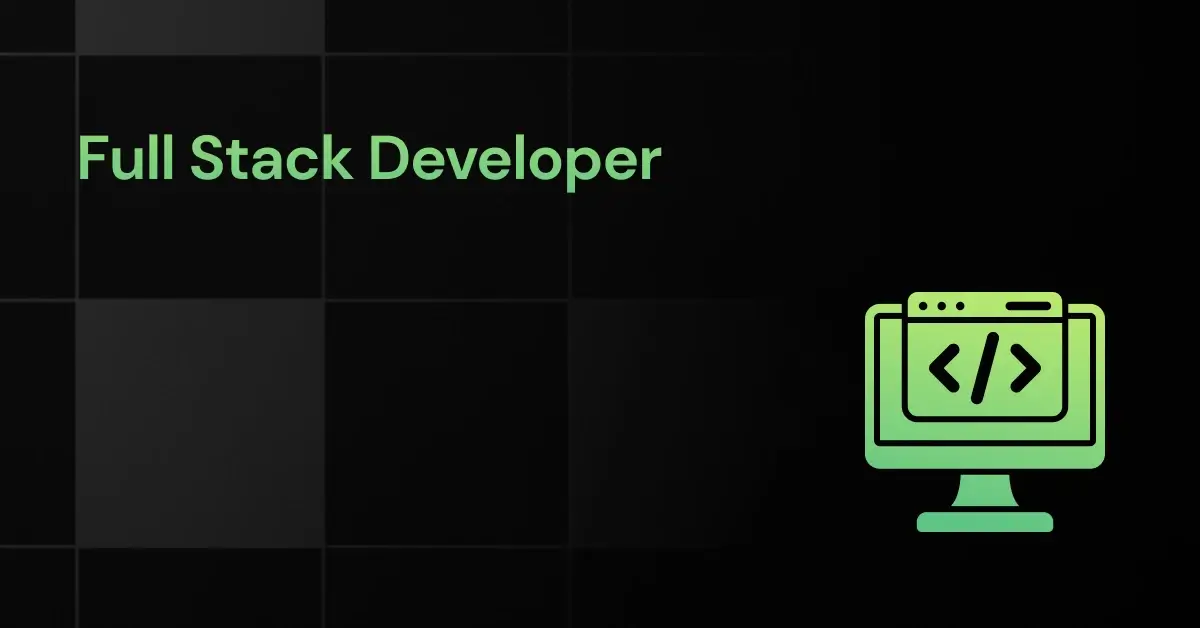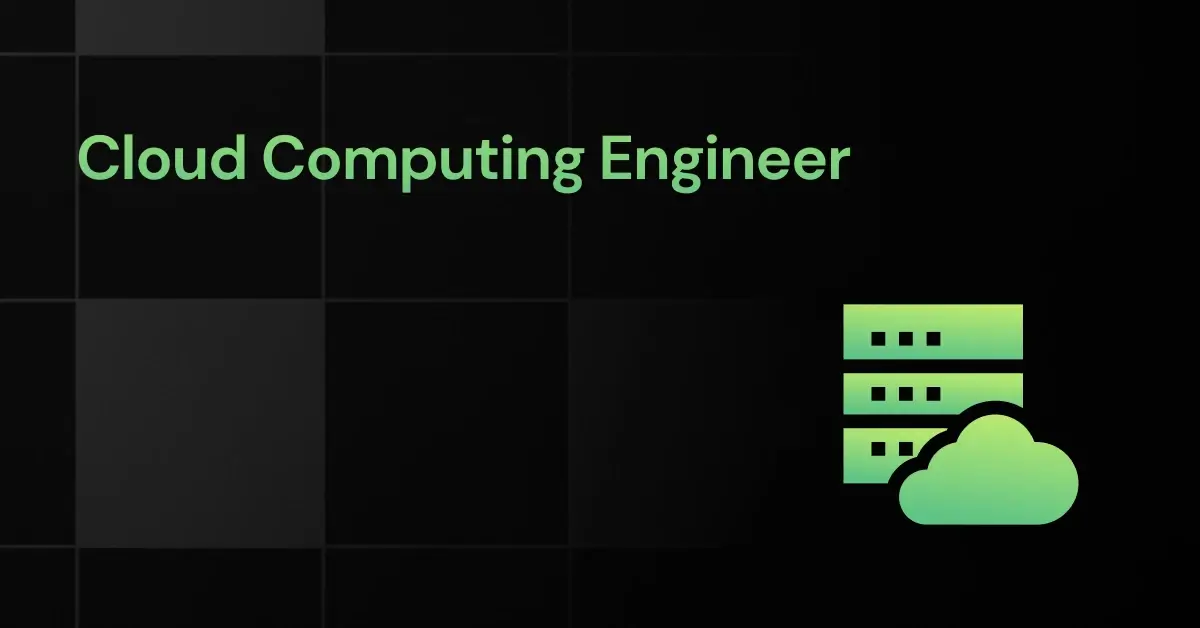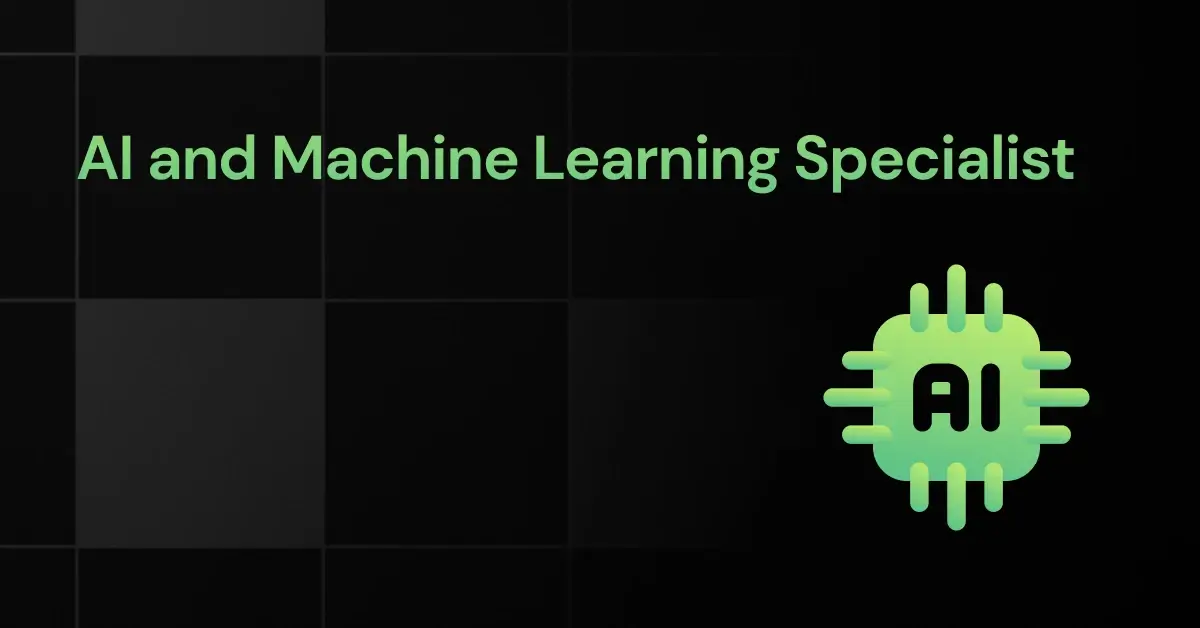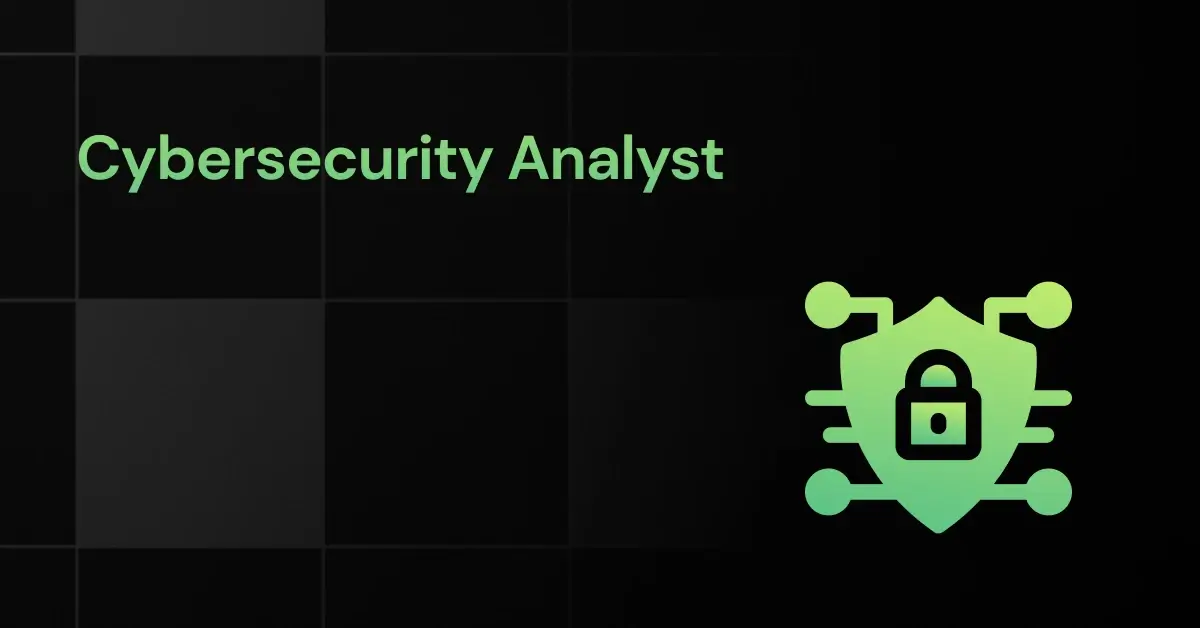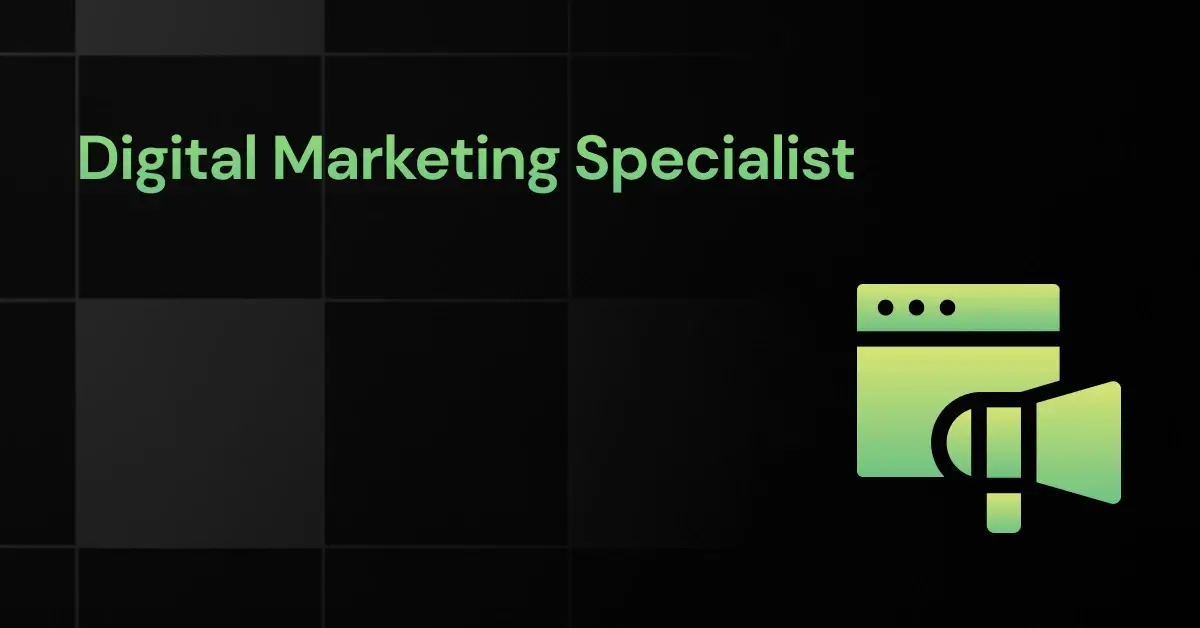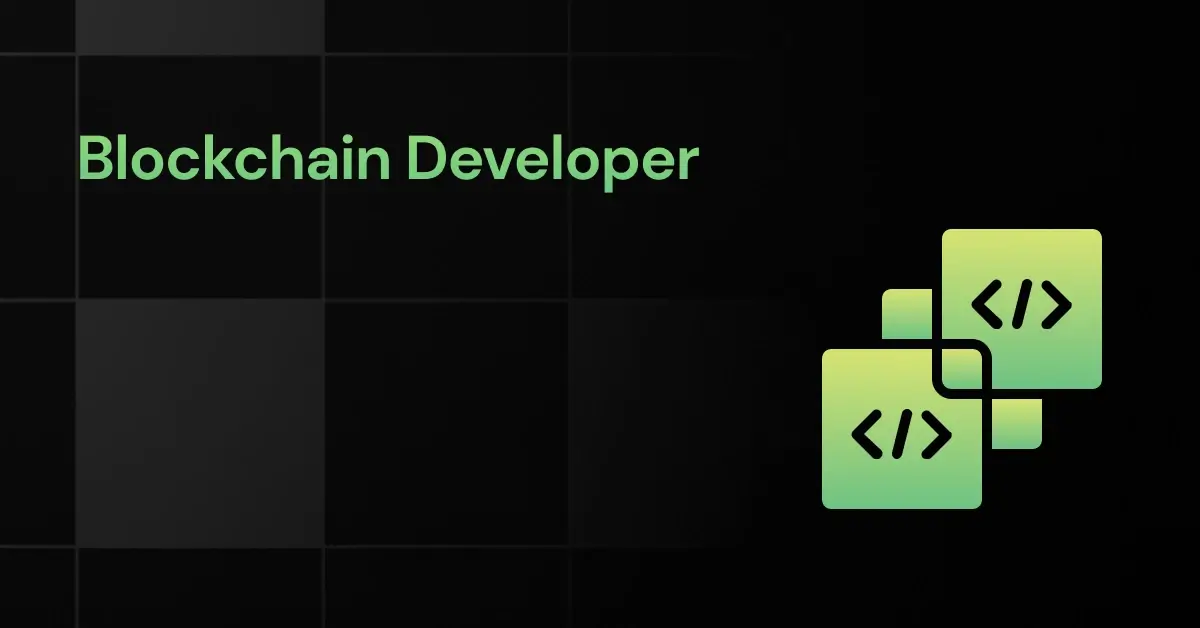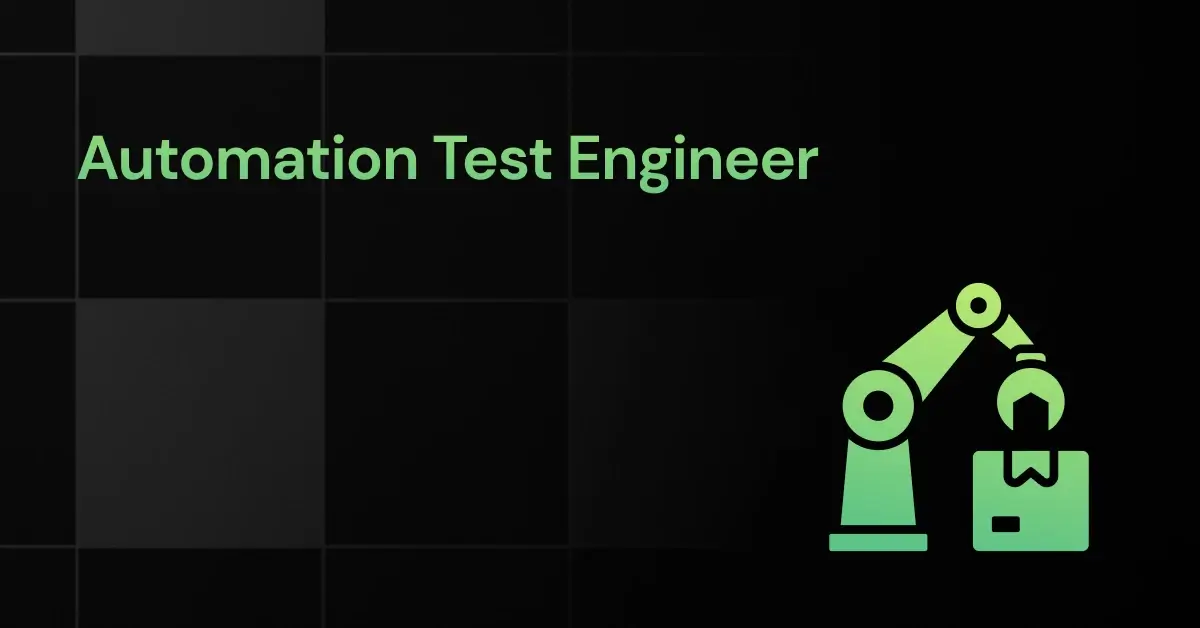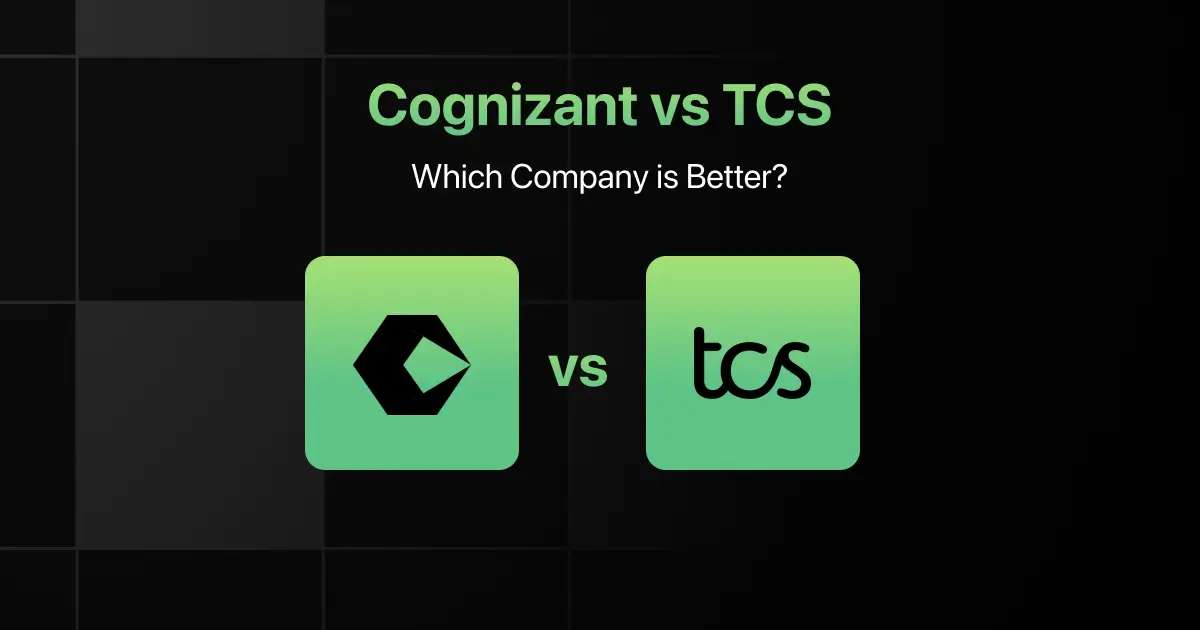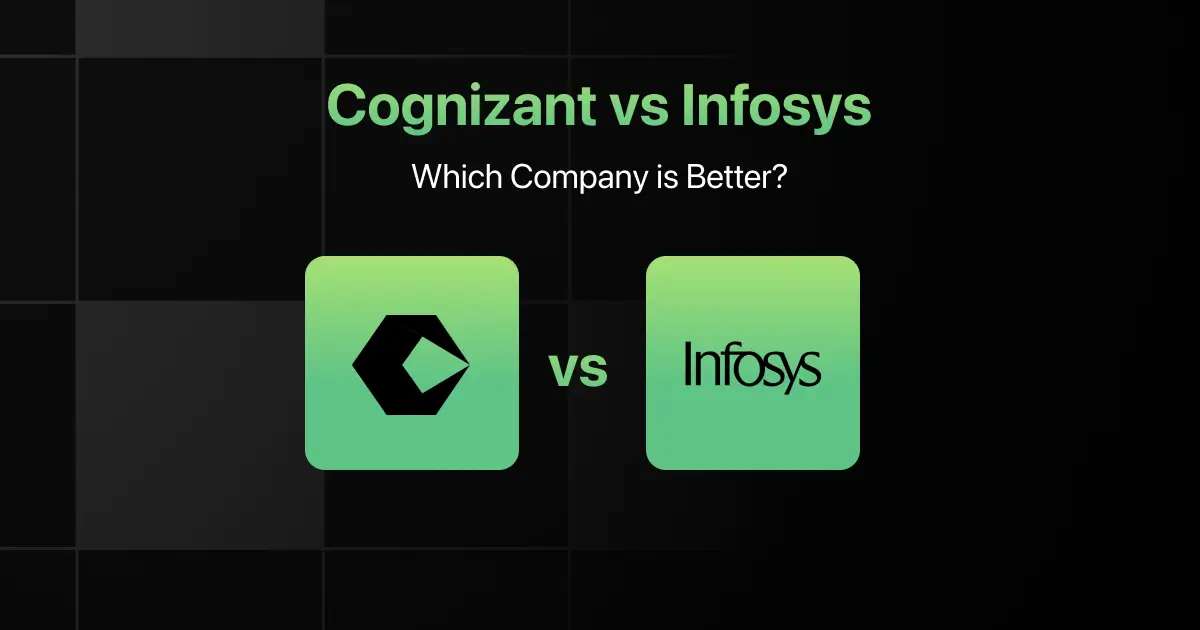Alternative Career Options for UPSC Aspirants

Are you a UPSC aspirant considering alternative career options? The journey to becoming a civil servant in India is one of the most challenging and competitive paths one can embark on with limited seats, high competition, and the immense pressure of the UPSC exams.
The uncertainty of results, coupled with the need for a stable and rewarding career, often leads these aspirants to explore other avenues where they can utilize their vast knowledge, and the skills developed during their UPSC preparation.
This article delves into the various alternative career options available for UPSC aspirants, offering insights into paths that align with the skills and knowledge.
Alternative Career Options for UPSC Aspirants – Overview
Here’s an overview of alternative career options for UPSC Aspirants with insights into transition time, starting salaries, and potential for remote work:
| S.No. | Career Options | Transition Time | Avg Starting Salary Per Annum (INR) | Potential for Remote Work |
|---|---|---|---|---|
| 1 | Data Scientist | 1-2 years | 6-12 Lakhs | Moderate |
| 2 | Full Stack Developer | 6-12 months | 4.5-10 Lakhs | High |
| 3 | Cloud Computing Engineer | 6-12 months | 5-11 Lakhs | High |
| 4 | UI/UX Designer | 6-12 months | 3.5-8 Lakhs | Moderate |
| 5 | AI and Machine Learning Specialist | 1-2 years | 6.5-14 Lakhs | Moderate |
| 6 | Cybersecurity Analyst | 1-2 years | 5.5-11 Lakhs | Low |
| 7 | Business Analyst | 6-12 months | 4.5-10 Lakhs | Moderate |
| 8 | Digital Marketing Specialist | 6-12 months | 3-7 Lakhs | High |
| 9 | Blockchain Developer | 1-2 years | 5.5-11 Lakhs | Moderate |
| 10 | Automation Test Engineer | 6-12 months | 4-8 Lakhs | Moderate |
Career Change Options for UPSC Aspirants – Let’s Find the Alternatives
Below is the list of career change options or alternative employment for UPSC Aspirants:
1. Data Scientist
Data Science is a field focused on extracting insights and knowledge from data through various scientific methods, algorithms, and systems.
UPSC Aspirants are a good fit for Data Scientist roles due to their strong analytical skills, adeptness in problem-solving, and ability to process vast amounts of information effectively.
Job Market and Demand:
- The demand for data scientists in India is rapidly growing, with a significant increase in job openings over the past few years.
- Industries such as IT, healthcare, and finance are actively seeking data science professionals.
- The rise of big data and AI in India is creating more opportunities for data scientists.
Skills and Knowledge Prerequisites:
- Strong analytical and problem-solving skills.
- Proficiency in programming languages like Python or R.
- Knowledge of statistical methods and data analysis techniques.
- Familiarity with machine learning algorithms.
- Ability to interpret and communicate data insights effectively.
Transferable Skills:
- Analytical thinking and problem-solving.
- Understanding of organizational behavior and dynamics.
- Strong communication skills for data storytelling.
- Project management and strategic planning abilities.
Starting Salary:
- The average starting salary for a Data Scientist in India is approximately between INR 6,00,000 and INR 12,00,000 per annum.
Duration for Transition:
- Typically, 1-2 years, depending on prior experience and the intensity of learning and skill development.
Risk Assessment:
- Transitioning to data science involves a learning curve, especially in technical skills and programming.
Work Flexibility:
- Data science roles offers options for remote work, full-time, part-time, and freelancing opportunities.
- Many companies offer flexible working hours for data science roles.
Work-Life Balance:
- Generally favorable, but can vary depending on the company and specific role.
Career Progression:
- Opportunities to advance to senior data scientist, data analytics manager, or chief data officer.
- Potential to specialize in different domains like AI, machine learning, or big data.
Job Stability and Industry Outlook:
- High job stability due to the growing reliance on data across industries.
- Positive industry outlook with an increasing emphasis on data-driven decision-making in India.
2. Full Stack Developer
Full Stack Developers are proficient in both front-end and back-end coding languages, developing complete web applications.
For UPSC Aspirants, transitioning to this field can be a strategic move, leveraging their analytical skills and disciplined study habits to master the diverse aspects of web development.
Job Market and Demand in India:
- The demand for Full Stack Developers in India is high due to the growing need for versatile developers who can handle all aspects of web development.
- The rise of startups and digital transformation in traditional businesses has further increased the demand for Full Stack Developers.
- Tech cities like Bengaluru, Hyderabad, and Pune are hotspots for Full Stack Developer opportunities, reflecting the concentration of IT and software companies.
Skills and Knowledge Prerequisites:
- Proficiency in front-end technologies like HTML, CSS, and JavaScript.
- Knowledge of back-end programming languages such as Node.js, Ruby, or Python.
- Experience with database management (SQL, MongoDB).
- Understanding of version control (Git) and basic dev-ops.
- Familiarity with web frameworks and RESTful APIs.
Transferable Skills:
- Analytical thinking and problem-solving skills.
- Ability to learn and adapt to new technologies quickly.
- Strong organizational and time-management skills.
- Attention to detail and precision in coding.
- Effective communication skills for collaboration in team environments.
Starting Salary:
- The average starting salary for a Full Stack Developer in India is approximately between INR 4,50,000 and INR 10,00,000 per annum.
Duration for Transition:
- Transitioning to a Full Stack Developer role can take about 6-12 months, depending on the individual’s prior experience and dedication to learning programming skills.
Risk Assessment:
- The primary risk involves keeping up with the rapidly changing technology landscape and continuous learning to stay relevant.
Work Flexibility:
- Full Stack Developers often have options for remote work, as well as full-time, part-time, and freelance opportunities.
Work-Life Balance:
- Work-life balance can vary, with some periods requiring intensive work during major project deadlines.
Career Progression:
- Opportunities to advance to senior developer, lead developer, or technical architect roles.
- Potential to transition into project management or IT consultancy roles.
Job Stability and Industry Outlook:
- The demand for Full Stack Developers is expected to remain strong, driven by the ongoing need for comprehensive web development skills.
- The evolving nature of web technologies ensures a dynamic and continually developing career path.
3. Cloud Computing Engineer
Cloud Computing Engineers specialize in designing, implementing, and maintaining cloud-based systems.
This profession aligns well with UPSC Aspirants, as it requires a structured approach to problem-solving and a deep understanding of complex systems, qualities often honed through UPSC preparation.
Job Market and Demand in India:
- The demand for Cloud Computing Engineers in India is growing rapidly, driven by the increasing adoption of cloud services across industries.
- India’s IT sector, especially in cities like Bengaluru, Hyderabad, and Pune, is actively seeking skilled cloud professionals.
- The expansion of cloud services by major players like Amazon Web Services (AWS), Microsoft Azure, and Google Cloud Platform in India is creating numerous job opportunities.
Skills and Knowledge Prerequisites:
- Proficiency in cloud service platforms (AWS, Azure, Google Cloud).
- Knowledge of cloud security and compliance standards.
- Experience with cloud storage and database services.
- Understanding of networking and virtualization technologies.
- Skills in automation and orchestration tools (like Terraform, Kubernetes).
Transferable Skills:
- Analytical and critical thinking skills.
- Strong problem-solving abilities.
- Effective communication and collaboration skills.
- Adaptability to rapidly changing technologies.
- Project management and organizational skills.
Starting Salary:
- The average starting salary for a Cloud Computing Engineer in India is approximately between INR 5,00,000 and INR 11,00,000 per annum.
Duration for Transition:
- Transitioning to a Cloud Computing Engineer role may take approximately 6-12 months, depending on prior technical knowledge and learning pace.
Risk Assessment:
- The primary risks include staying updated with the fast-evolving cloud technologies and adapting to new cloud solutions.
Work Flexibility:
- Cloud Computing Engineers often have options for remote work, as well as full-time, part-time, and contract roles.
Work-Life Balance:
- The work-life balance can vary, with some periods requiring intense focus on project deadlines or system upgrades.
Career Progression:
- Opportunities for advancement to senior cloud engineer, cloud architect, or cloud consultant roles.
- Potential to specialize in specific cloud platforms or solutions.
Job Stability and Industry Outlook:
- The cloud computing field is expected to see sustained growth, with a strong demand for skilled professionals.
- The increasing reliance on cloud solutions by businesses ensures a stable and promising career path.
4. UI/UX Designer
UI/UX Designers are pivotal in crafting engaging digital experiences, focusing on user interface (UI) and user experience (UX). Their role is crucial in ensuring that digital products are not only aesthetically pleasing but also functional and user-friendly.
UPSC Aspirants are well-suited for UI/UX Designer positions as their extensive training hones a meticulous approach to detail, essential for crafting engaging and user-friendly designs.
Job Market and Demand in India:
- The UI/UX design market in India was estimated at over 450 million USD in 2021 and is expected to grow to 800 million USD by 2028.
- There are approximately 16,475 job listings for UI/UX designers on Naukri.com, indicating a high demand in the Indian job market.
- Major cities like Mumbai, Bangalore, and Pune offer higher average salaries due to higher living standards and cost of living.
Skills and Knowledge Prerequisites:
- Proficiency in design tools like Sketch, Adobe XD, and Figma.
- Understanding of user-centered design principles and methodologies.
- Knowledge of wireframing, prototyping, and user testing.
- Basic understanding of HTML and CSS for better collaboration with developers.
- Awareness of current design trends and technologies.
Transferable Skills:
- Strong visual design skills.
- Effective communication and collaboration abilities.
- Problem-solving mindset and creative thinking.
- Project management and organizational skills.
Starting Salary:
- The average starting salary for a UI/UX Designer in India is approximately between INR 3,50,000 and INR 8,00,000 per annum.
Duration for Transition:
- Transitioning into a UI/UX Designer role can vary from 6-12 months, based on individual skill development and experience in related fields.
Risk Assessment:
- The primary risks involve adapting to rapidly evolving design trends and technologies in the digital space.
Work Flexibility:
- UI/UX Design roles often offer flexible working options, including remote work, part-time, full-time, and freelancing opportunities.
Work-Life Balance:
- Generally, UI/UX Designers experience a balanced work-life, with flexibility depending on project requirements and deadlines.
Career Progression:
- Opportunities to advance to senior designer roles, UX manager, or even UX director.
- Potential to specialize in areas like interaction design, user research, or visual design.
Job Stability and Industry Outlook in India:
- The growing digitization and focus on user experience in India contribute to a stable and promising career outlook for UI/UX Designers.
- With the increasing importance of digital presence, companies are investing more in UI/UX, ensuring job security and growth opportunities in this field.
5. AI and Machine Learning Specialist
AI and Machine Learning Specialists focus on developing intelligent algorithms and systems that can learn and make decisions.
This field is a good fit for UPSC Aspirants due to its emphasis on analytical skills, and a deep understanding of diverse data sets, mirroring the analytical and strategic thinking developed in UPSC preparation.
Job Market and Demand in India:
- There’s a burgeoning demand for AI and Machine Learning Specialists in India, driven by the tech industry’s rapid growth and digital transformation across sectors.
- Major IT hubs like Bengaluru, Hyderabad, and Pune are seeing a surge in demand for these professionals.
- The Indian government’s push towards digitalization and AI in public services is further amplifying the need for skilled AI professionals.
Skills and Knowledge Prerequisites:
- Proficiency in programming languages like Python, R, or Java.
- Strong understanding of machine learning algorithms and data modeling.
- Experience with neural networks and deep learning frameworks.
- Knowledge of data analytics and statistical methods.
- Familiarity with AI development tools and platforms.
Transferable Skills:
- Analytical thinking and complex problem-solving abilities.
- Strong research skills and attention to detail.
- Ability to interpret and analyze large data sets.
- Effective communication skills for presenting complex data insights.
- Continuous learning mindset to keep up with AI and ML advancements.
Starting Salary:
- The average starting salary for an AI and Machine Learning Specialist in India is approximately between INR 6,50,000 and INR 14,00,000 per annum.
Duration for Transition:
- Transitioning into this role typically takes about 1-2 years, depending on the individual’s background in programming and data science.
Risk Assessment:
- The primary risks include the fast-paced evolution of AI technologies and the need for continuous learning to stay current.
Work Flexibility:
- AI and Machine Learning roles often offer flexibility, including remote work options, full-time, part-time, and freelance opportunities.
Work-Life Balance:
- The balance can vary, with some periods requiring intensive focus on complex projects and research.
Career Progression:
- Opportunities to advance to senior roles like Lead Data Scientist or AI Architect.
- Potential to specialize in niche areas within AI and ML, such as natural language processing or computer vision.
Job Stability and Industry Outlook:
- The AI and machine learning field is expected to grow significantly, offering stable and lucrative career opportunities.
- The increasing integration of AI in various industries ensures a dynamic and evolving career path.
6. Cybersecurity Analyst
A Cybersecurity Analyst specializes in protecting information systems from cyber threats and vulnerabilities.
This role is well-suited for UPSC Aspirants due to its reliance on strategic thinking, and a thorough understanding of complex systems, which are key competencies developed during UPSC preparation.
Job Market and Demand in India:
- The demand for cybersecurity professionals in India is rapidly increasing due to the growing digital economy and heightened awareness of cyber threats.
- There is a particular need for skilled cybersecurity analysts in sectors like banking, IT services, and government agencies.
- The Indian government’s initiatives in digital security and cyber laws are further driving the demand for cybersecurity expertise.
Skills and Knowledge Prerequisites:
- Proficiency in various cybersecurity tools and technologies.
- Knowledge of network security and encryption techniques.
- Familiarity with risk management and compliance standards.
- Ability to analyze and interpret security logs and alerts.
- Understanding of cyber threat landscapes and attack methodologies.
Transferable Skills:
- Analytical and critical thinking skills.
- Attention to detail and vigilance.
- Problem-solving and decision-making abilities.
- Strong communication skills for reporting and collaboration.
- Adaptability to rapidly changing security scenarios.
Starting Salary:
- The average starting salary for a Cybersecurity Analyst in India is approximately between INR 5,50,000 and INR 11,00,000 per annum.
Duration for Transition:
- Transitioning into a cybersecurity role can take about 1-2 years, depending on prior experience in IT or related fields.
Risk Assessment:
- The primary risks involve staying ahead of rapidly evolving cyber threats and the need for continuous learning and skill development.
Work Flexibility:
- Cybersecurity roles often offer flexible work arrangements, including remote work, full-time, part-time, and freelance opportunities.
Work-Life Balance:
- The work-life balance can be challenging, especially during critical security incidents requiring immediate attention.
Career Progression:
- Opportunities for advancement to roles like Senior Cybersecurity Analyst or Security Manager.
- Potential to specialize in areas like ethical hacking, digital forensics, or security architecture.
Job Stability and Industry Outlook:
- The cybersecurity field is expected to see robust growth, offering stable and high-demand career opportunities.
- As digital transformation accelerates, the need for cybersecurity expertise becomes more critical across industries.
7. Business Analyst
Business Analytics involves analyzing data to make informed business decisions.
UPSC Aspirants are an excellent match for Business Analyst roles, as their rigorous preparation instills a comprehensive understanding of economic and social systems, which are crucial for effective business analysis.
Job Market and Demand:
- The demand for business analysts in India is on the rise, with companies across various sectors seeking data-driven insights for business growth.
- The IT and e-commerce sectors, in particular, are showing a high demand for business analytics professionals.
- The increasing focus on data-driven strategies in Indian businesses is fueling this demand.
Skills and Knowledge Prerequisites:
- Strong analytical skills and a knack for interpreting complex data.
- Proficiency in data analysis tools and software.
- Understanding of business processes and strategies.
- Ability to communicate complex data insights in a simple manner.
- Knowledge of statistical methods and predictive modeling.
Transferable Skills:
- Analytical thinking and problem-solving skills.
- Experience in handling and interpreting data.
- Strong communication skills for presenting data insights.
- Understanding of organizational behavior and dynamics.
- Strategic planning and decision-making abilities.
Starting Salary:
- The average starting salary for a Business Analyst in India is approximately between INR 4,50,000 and INR 10,00,000 per annum.
Duration for Transition:
- Transitioning to business analytics can take about 6-12 months, depending on the individual’s learning pace and background.
Risk Assessment:
- The shift to business analytics may require significant upskilling, particularly in technical and data analysis areas.
Work Flexibility:
- Business analytics roles often offer flexible working options, including remote work, full-time, part-time, and freelancing opportunities.
Work-Life Balance:
- Generally favorable, but can vary based on the industry and specific role requirements.
Career Progression:
- Potential to advance to senior analyst, analytics manager, or director of analytics roles.
- Opportunities to specialize in specific areas like market analytics, financial analytics, or operations analytics.
Job Stability and Industry Outlook:
- Stable career path with a growing demand for data-driven decision-making in businesses.
- Positive industry outlook with an increasing number of companies in India investing in analytics to drive business growth.
8. Digital Marketing Specialist
Digital Marketing is the practice of promoting products or services using digital channels to reach consumers.
UPSC Aspirants are well-equipped for Digital Marketing Specialist roles, as their broad knowledge base enable them to create impactful, targeted marketing strategies that resonate with diverse audiences.
Job Market and Demand:
- There’s a growing demand for digital marketing professionals in India, with a surge in digital consumption and online businesses.
- E-commerce, tech, and media industries are particularly seeking digital marketing experts.
- The shift towards digital platforms due to the pandemic has further accelerated this demand.
Skills and Knowledge Prerequisites:
- Proficiency in digital marketing tools and platforms.
- Understanding of SEO, content marketing, and social media strategies.
- Skills in data analysis and interpretation.
- Knowledge of marketing trends and consumer behavior.
- Creative thinking and campaign planning abilities.
Transferable Skills:
- Strong communication and interpersonal skills.
- Ability to understand and predict consumer behavior.
- Experience in managing diverse teams and projects.
- Skills in data analysis and reporting.
- Strategic planning and organizational skills.
Starting Salary:
- The average starting salary for a Digital Marketing Specialist in India is approximately between INR 3,00,000 and INR 7,00,000 per annum.
Duration for Transition:
- Transitioning to digital marketing can take about 6-12 months, depending on the individual’s dedication to learning new skills and understanding the digital landscape.
Risk Assessment:
- The field is highly dynamic, requiring continuous learning and adaptation to new technologies and trends.
Work Flexibility:
- Digital marketing offers various work options, including remote work, in-office roles, and freelance opportunities, catering to different work-life balance needs.
Work-Life Balance:
- Generally favorable, but can vary based on campaign deadlines and project requirements.
Career Progression:
- Opportunities to advance to roles like Digital Marketing Director, Head of Digital, or Chief Marketing Officer.
- Potential to specialize in areas like SEO, social media, or content marketing.
Job Stability and Industry Outlook:
- Stable career path with a high demand for digital marketing skills in the current market.
- Positive industry outlook with digital marketing becoming a crucial part of business strategies in India.
9. Blockchain Developer
A Blockchain Developer specializes in developing and implementing blockchain technology solutions.
This role is a compelling choice for UPSC Aspirants due to its emphasis on analytical skills, and understanding complex systems, which are akin to the skills honed during UPSC preparation.
Job Market and Demand in India:
- The blockchain technology sector in India is rapidly growing, driven by increasing adoption in finance, supply chain, and government sectors.
- The Indian government’s initiatives towards digital transformation and blockchain integration in public services are boosting demand for skilled professionals.
- There is a surge in startups and established companies in India exploring blockchain applications, creating numerous job opportunities.
Skills and Knowledge Prerequisites:
- Proficiency in blockchain platforms like Ethereum, Hyperledger, etc.
- Strong programming skills in languages such as Solidity, Java, or Python.
- Understanding of cryptography and P2P networks.
- Knowledge of smart contract development and deployment.
- Familiarity with blockchain architecture and consensus algorithms.
Transferable Skills:
- Analytical and problem-solving skills.
- Attention to detail and precision.
- Strong logical reasoning and critical thinking.
- Ability to work in fast-paced and evolving environments.
- Effective communication skills for collaboration and explanation of complex concepts.
Starting Salary:
- The average starting salary for a Blockchain Developer in India is approximately between INR 5,50,000 and INR 11,00,000 per annum.
Duration for Transition:
- Transitioning to a blockchain developer role can take about 1-2 years, depending on the individual’s background in programming and technology.
Risk Assessment:
- Risks include staying updated with rapidly evolving blockchain technologies and the volatile nature of the crypto market.
Work Flexibility:
- Blockchain Developer roles often offer flexible work options, including remote work, full-time, part-time, and freelance opportunities.
Work-Life Balance:
- Generally, blockchain developers have a balanced work-life, but project deadlines can occasionally demand extra hours.
Career Progression:
- Potential to advance to senior developer roles or blockchain project managers.
- Opportunities to specialize in specific blockchain platforms or applications.
Job Stability and Industry Outlook:
- The blockchain industry is expected to grow significantly, offering stable and high-demand career opportunities.
- With increasing digitalization and interest in decentralized solutions, the demand for blockchain expertise is likely to remain strong.
10. Automation Test Engineer
An Automation Test Engineer specializes in designing and executing automated tests to ensure software quality.
This profession aligns well with UPSC Aspirants due to its requirement for meticulous planning, and systematic approach, mirroring the skills developed during UPSC exam preparation.
Job Market and Demand in India:
- The demand for Automation Test Engineers in India is growing due to the increasing reliance on software solutions in various industries.
- The rise of agile development methodologies and DevOps practices has further amplified the need for skilled automation testing professionals.
- Many Indian IT companies are focusing on automation to enhance efficiency, leading to more job openings in this field.
Skills and Knowledge Prerequisites:
- Proficiency in automation testing tools like Selenium, QTP, or TestComplete.
- Knowledge of programming languages such as Java, Python, or C#.
- Understanding of software development life cycle (SDLC) and testing methodologies.
- Experience with Continuous Integration/Continuous Deployment (CI/CD) tools.
- Familiarity with version control systems like Git.
Transferable Skills:
- Analytical thinking and problem-solving abilities.
- Precision and attention to detail.
- Strong organizational and planning skills.
- Ability to work under pressure and meet deadlines.
- Effective communication and teamwork capabilities.
Starting Salary:
- The average starting salary for an Automation Test Engineer in India is approximately between INR 4,00,000 and INR 8,00,000 per annum.
Duration for Transition:
- Transitioning to an Automation Test Engineer role typically takes about 6-12 months, depending on prior experience in software testing or development.
Risk Assessment:
- Risks include keeping up with rapidly changing technology and tools in automation testing.
Work Flexibility:
- Automation Test Engineer roles often provide options for remote work, flexible hours, and part-time or full-time employment.
Work-Life Balance:
- Generally, Automation Test Engineers have a balanced work-life, though project deadlines may occasionally require extended work hours.
Career Progression:
- Opportunities to advance to senior test engineer, test manager, or QA lead roles.
- Potential to specialize in specific testing methodologies or tools.
Job Stability and Industry Outlook:
- The software testing field, particularly automation, is expected to grow steadily, offering stable career opportunities.
- With the increasing complexity of software systems, the demand for skilled Automation Test Engineers is likely to remain high.
Final Words
For UPSC aspirants, the journey doesn’t end with the exam; it’s just the beginning of a wide array of potential career paths that can lead to a fulfilling and impactful life.
We’ll keep this article updated as new career paths open up for UPSC Aspirants. Think of it as a growing guide that changes with the times, always giving you the latest info on where your UPSC knowledge can take you next. Keep an eye on this space for more updates!
Explore More Alternative Careers for:
FAQs
If you want to pursue a career apart from UPSC, some of the career options include:
- Full Stack Developer, blending front-end and back-end web development skills.
- Cloud Computing Engineer, managing cloud infrastructure and services.
- AI and Machine Learning Specialist, developing intelligent systems and algorithms.
Think about what you like doing as a UPSC Aspirant, what you’re good at, and what kind of jobs need those skills. Look at different jobs and see which ones fit you best.
The transferable skills from UPSC preparation are:
- Analytical Thinking, essential for problem-solving and decision-making roles.
- Systematic Planning, beneficial in project management and strategic roles.
- Attention to Detail, crucial for roles in quality assurance and data analysis.
Transitioning to a new career can vary, typically ranging from 6 to 12 months, depending on the individual’s adaptability, the chosen field, and the intensity of training or education required.
Risks include the challenge of adapting to a new industry, the need for continuous learning and skill development, and the potential mismatch between previous experience and new job requirements.
The stability of new career options depends on the industry. Fields like technology, cybersecurity, and AI are rapidly growing, offering more stable and high-demand career opportunities.
UPSC Aspirants seeking a career change can find professional advice through Placement Preparation. They offer guidance on career options, skill development, and navigating the job market effectively.
Related Posts
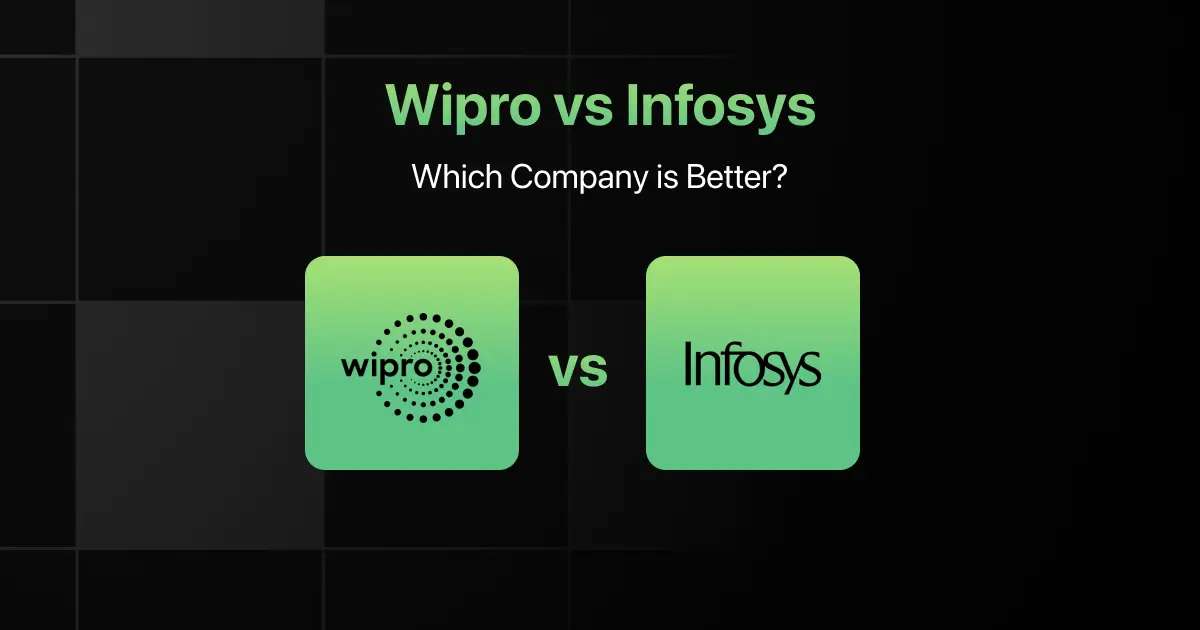

Wipro vs Infosys: Which Is Better
If you’re comparing Wipro vs Infosys, chances are you’re not confused; you’re cautious. You already know that both are top …
Warning: Undefined variable $post_id in /var/www/wordpress/wp-content/themes/placementpreparation/template-parts/popup-zenlite.php on line 1050

